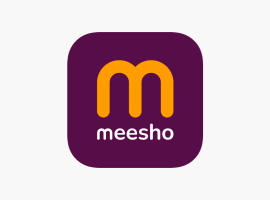Key Highlights
Walmart-owned Flipkart is aiming to go after the same strategy and utilize kiranas and small neighborhood stores for expanding their businesses.
Flipkart’s strategy is to involve 15,000 small convenience stores, beauty parlors, bakeshops, and medical pharmacies, including others to sell a product that they usually don’t stock, such as smartphones.
Flipkart is piloting a project in Telangana state, where it has partnered up with almost 800 small shop owners to market mobile phones through the Flipkart application.
Following Reliance’s introduction new hybrid online-offline model to charge into the e-commerce section, Walmart-owned Flipkart is also aiming to go after the same strategy and utilize kiranas and small neighborhood stores for expanding their businesses.
Flipkart’s strategy is to involve 15,000 small convenience stores, beauty parlors, bakeshops, and medical pharmacies, including others to sell a product that they usually don’t stock, such as smartphones. Flipkart is piloting a project in Telangana state, where it has partnered up with almost 800 small shop owners to market mobile phones through the Flipkart application.




